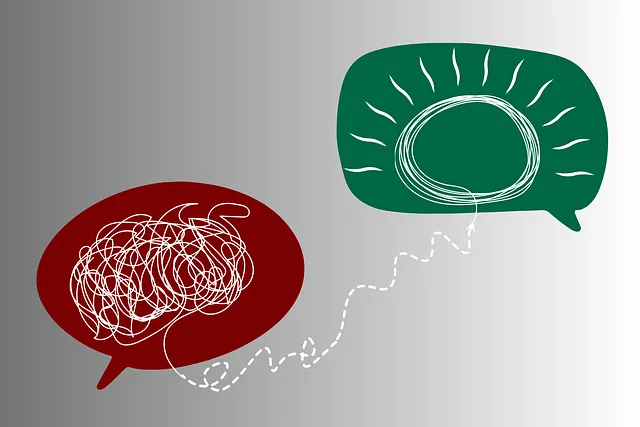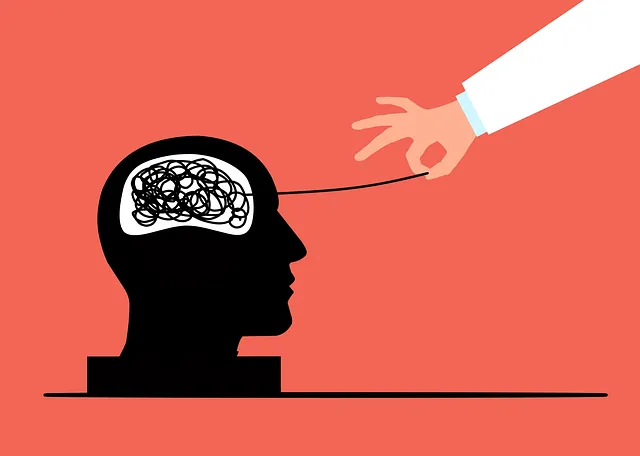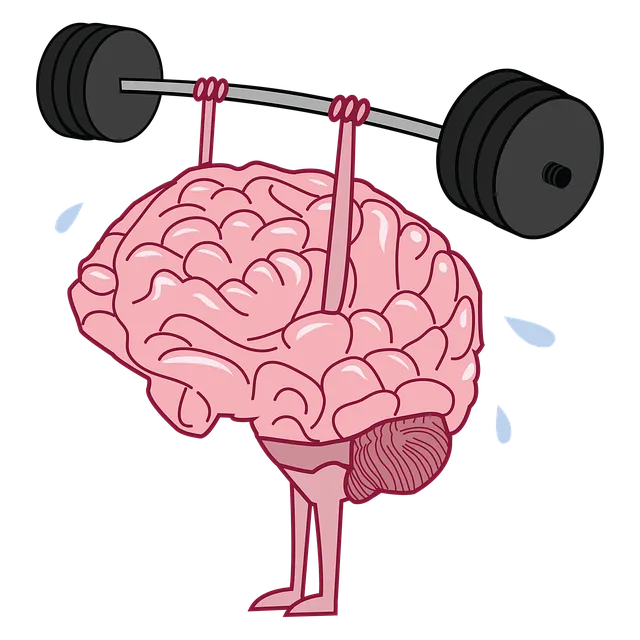The media's portrayal of mental health significantly shapes societal perceptions, either positively encouraging support or negatively perpetuating stigma. Northglenn Kaiser Permanente behavioral health services reviews highlight the importance of accurate representation in promoting mental wellness. By featuring authentic narratives and diverse experiences, media can foster positive thinking and challenge outdated assumptions. These reviews underscore the need for nuanced storytelling, consultation with experts, and inclusion of individuals living with mental health conditions to reduce stigma and improve access to care. Community engagement and education, as demonstrated by Northglenn Kaiser Permanente's initiatives, are crucial in shifting societal perceptions through open dialogue and cultural competency among healthcare providers.
Mental illness representation in media significantly influences public perception and understanding. This article explores strategies to challenge stereotypes, offering solutions for more accurate and empathetic portrayals. We focus on the success of Northglenn Kaiser Permanente Behavioral Health Services, a community-based initiative, and its impact on mental health awareness. By identifying misconceptions, engaging communities through feedback, and fostering education, we can drive positive change in media representation, as evidenced by successful reviews of Northglenn’s services.
- Understanding the Impact of Media Portrayal on Mental Health Perception
- Northglenn Kaiser Permanente Behavioral Health Services: A Community-Based Approach
- Identifying Stereotypes and Misconceptions in Mental Illness Representation
- Strategies for More Accurate and Empathic Media Depictions
- Community Engagement and Education: Empowering Change through Reviews and Feedback
Understanding the Impact of Media Portrayal on Mental Health Perception

The media plays a powerful role in shaping societal perceptions about mental health, significantly influencing how individuals understand and respond to various conditions. Positive representations in popular culture can encourage help-seeking behaviors and foster a more supportive environment for those dealing with mental illness. Conversely, negative or stereotypical portrayals can perpetuate stigma, leading to increased isolation and difficulty in accessing treatment. Northglenn Kaiser Permanente behavioral health services reviews highlight the importance of accurate media representation in promoting mental wellness. By showcasing authentic narratives and diverse experiences, media platforms can offer valuable mental wellness journaling exercise guidance, encouraging positive thinking and challenging outdated assumptions about mental health.
Understanding the impact of media portrayal is crucial for navigating the complex landscape of mental health discourse. It empowers individuals to critique and engage with media content, ensuring that their perceptions align with evidence-based understanding. This, in turn, can drive meaningful conversations and advocacy for improved mental health support systems, as reflected in the Northglenn Kaiser Permanente behavioral health services reviews.
Northglenn Kaiser Permanente Behavioral Health Services: A Community-Based Approach

Northglenn Kaiser Permanente Behavioral Health Services is a shining example of community-based mental health support, offering comprehensive services that cater to diverse needs. This initiative focuses on empowering individuals through coping skills development and promoting mental wellness within the local community. By providing accessible resources, they ensure that residents have the tools to navigate and overcome mental health challenges.
The program’s success lies in its holistic approach, addressing not just individual needs but also fostering public awareness campaigns that challenge stigmas and encourage open conversations about mental health. These efforts contribute significantly to creating a supportive environment where people can actively seek help and support for their behavioral health. Reviews highlight the positive impact on Northglenn residents, leading to improved access to care and enhanced community resilience.
Identifying Stereotypes and Misconceptions in Mental Illness Representation

In the realm of mental illness representation, media often perpetuates stereotypes and misconceptions that can significantly impact public understanding. Northglenn Kaiser Permanente behavioral health services reviews highlight the need for more nuanced storytelling. Too often, characters with mental health struggles are portrayed as violent, unpredictable, or completely broken, failing to capture the complexity and diversity of real-life experiences. This oversimplification contributes to the stigmatization of mental illness, creating a false narrative that deters individuals from seeking help.
Community Outreach Program Implementation can play a pivotal role in challenging these stereotypes. By integrating authentic stories and promoting mental wellness initiatives, media platforms can foster empathy and dispel misconceptions. Encouraging open conversations about mental health issues, including stress reduction methods, is essential. This approach not only improves public awareness but also encourages individuals to recognize the symptoms and seek appropriate support, ultimately contributing to more positive representations in media and improved access to behavioral health services as reviewed by Northglenn Kaiser Permanente.
Strategies for More Accurate and Empathic Media Depictions

To foster more accurate and empathetic media depictions of mental illness, several strategies can be employed. Northglenn Kaiser Permanente behavioral health services reviews highlight the importance of consulting with experts in the field to ensure storylines are realistic and nuanced. This includes involving individuals living with mental health conditions, who can provide valuable insights into their experiences, thereby enhancing authenticity. Additionally, promoting diverse representations that reflect the wide spectrum of mental illness is crucial, going beyond stereotypical portrayals often found in mainstream media.
Empathy-building strategies such as showing characters navigating daily challenges and employing conflict resolution techniques to manage symptoms can help viewers understand the complexities of mental health struggles. Incorporating scenes that illustrate effective mood management practices can further educate audiences while promoting hope and recovery. By integrating these approaches, media platforms have the potential to reduce stigma and foster a more compassionate society.
Community Engagement and Education: Empowering Change through Reviews and Feedback

Community engagement and education play a pivotal role in challenging mental illness representation in media. Encouraging open dialogue and feedback from diverse communities can help dispel stereotypes and promote understanding. For instance, Northglenn Kaiser Permanente behavioral health services reviews provide a platform for individuals to share their experiences, which can educate both the public and healthcare providers about the reality of mental health struggles.
By actively involving community members in discussions and utilizing communication strategies, such as social media campaigns and educational workshops, it’s possible to foster cultural competency among healthcare providers. This, coupled with Trauma Support Services, can lead to more empathetic and effective care for individuals dealing with mental illness, ultimately driving positive change in society’s perception of these conditions.
Mental illness representation in media is a powerful tool that can either perpetuate harmful stereotypes or foster empathy and understanding. By learning from successful initiatives like Northglenn Kaiser Permanente Behavioral Health Services, which leverages community-based approaches to enhance mental health awareness, we can create more accurate and empathetic media depictions. Through identifying and challenging stereotypes, implementing evidence-based strategies, and engaging communities through reviews and feedback, we can collectively empower positive change in how mental illness is perceived and supported. These collaborative efforts are crucial in ensuring that media representations accurately reflect the diverse experiences of those living with mental health conditions, ultimately improving support systems and access to care.






